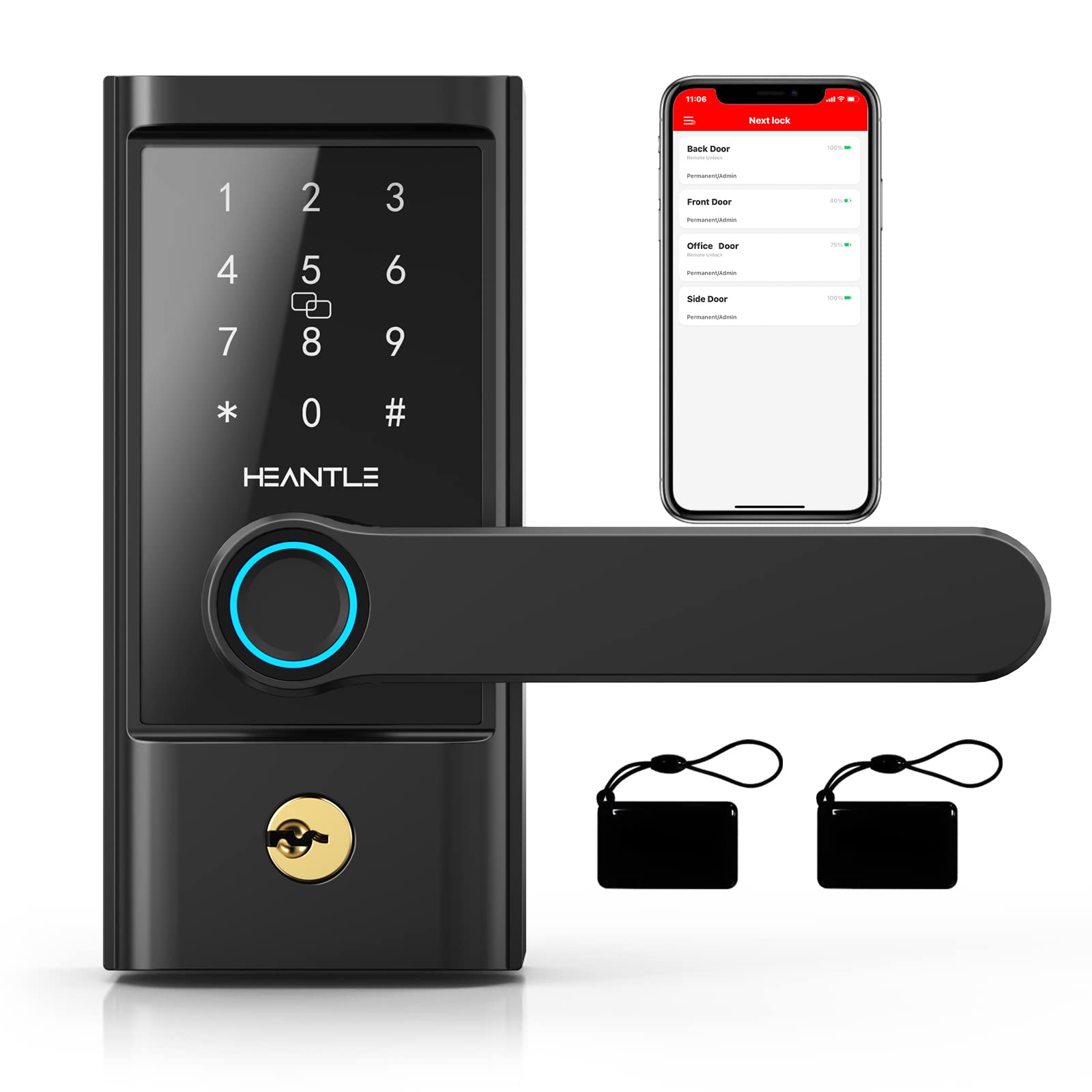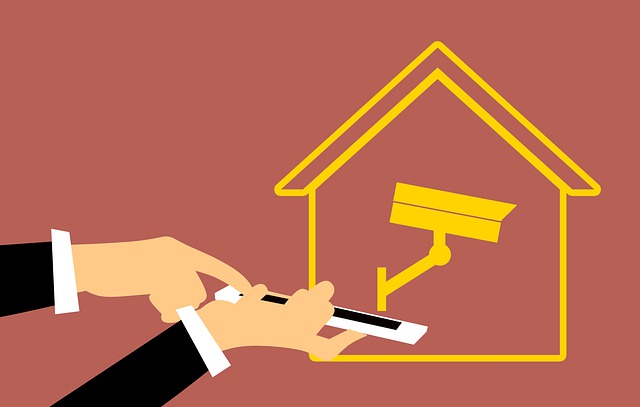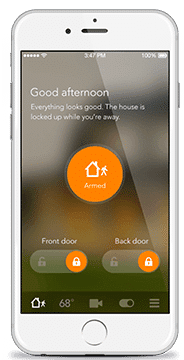
Do I really need a home alarm system?
Consider a variety of factors before deciding on a system that is best for your family. It is important to get the right system and not spend more money than you have to. Here are some of the questions you could ask to help you decide whether a home security is right for you.
Do they work?
There is no doubt that a security system can deter burglars from breaking into your home. Many former burglars say that they would avoid a property if there was a security system present. This is because burglars will move on more quickly if they think that there is security installed.
Does it save me any money?
You can easily understand why many people hesitate to purchase a home alarm system when you take into account the long-term financial impact of a break in. A home invasion can cost up to thousands of pounds, not including the damages caused by burglars. A security system will help to prevent these types, saving you money on the long-term.

Are they worth the money?
Security systems can not only prevent break-ins but also discourage criminals from entering your home. A loud alarm may scare off potential burglars and prompt authorities to visit your home to check for damaged goods and theft.
Do they make a good investment or not?
A home security system can be a great way to increase the value of your home. A recent study revealed that homeowners with a home-security system were more likely to sell than those without one.
Are they a source of peace of mind?
Most home security systems enable you to monitor your house from anywhere. This is a good way to be aware of the happenings in your home. For example, you can monitor when your children get home from their school. Set up an automatic system to send you notifications if your house is empty for a period of time.
Are they self-monitoring?
Some security systems have powerful monitoring options. For example, motion detectors can send alerts directly to your phone if there is any movement. You can monitor humidity, temperature, and other conditions depending on the level that your home automation system provides.

Do they protect my family?
The safety and security of your family is something that everyone should take seriously. A security system will protect your family against a wide range of dangers such as flooding, fires and carbon monoxide poisoning. A security system will also provide the information needed to locate a sick child or pet.
FAQ
What is the easiest home security system to install
It is best to have home security systems that don't require installation. These systems are known as "plug and play", and they work like magic. Just plug them into the power outlets and connect to the internet via a router wireless. Once everything is connected, you will be able control it from anywhere in the globe.
How much should I pay for alarm monitoring
Alarm monitoring costs vary depending on how often you want it monitored, what kind of equipment you need, and whether you are looking at an all-inclusive package or just one monthly fee.
Which security system is best?
The best security system depends on the value you place on your home. The cheapest alarm system, which doesn't offer enough protection, is the basic one. You can go with a basic alarm system that provides limited protection, but you have the option to upgrade to one that has remote monitoring and video surveillance as well as access control.
Statistics
- Related questionsHome security systems that are 100% DIY (safewise.com)
- Most home security companies will charge you around 75% of the remaining term of your contract if you cancel early—and some require 100%.Related questionsWhat type of contract length can I expect from security providers?Home security system cancellation (safewise.com)
- Unlike other online safety services that charge up to 100 percent of your monthly fee, Cove charges no upfront fees and has no hidden costs.
- Depending on your insurance, 24/7 professional monitoring may qualify you for as much as 15% off your premium. (safewise.com)
External Links
How To
How to Install a Home Security System
A home security system is a device that monitors your property and alerts you if there's any activity. It could consist of a motion sensor and doorbell camera as well as smoke detector, smoke detectors fire alarm, flood alerts, carbon monoxide detectors and burglar alarms. A home security alarm system often includes one or two sensors (e.g., motion detections), which send signals to the control panel when they detect movement. The signals are then sent out to a control board where they can monitored and recorded. If something goes wrong, like someone breaking in to your house, the control panels sends an alert to your phone or tablet, your computer, or voice assistant. The control panel will notify you immediately so that you can take corrective action.
The first step to installing a home security system is choosing the right type of sensors for your home. There are two main types. Active and passive sensors. Passive sensors do not require batteries. They simply pick up sounds and vibrations around them. They include things like doorbells, sirens, and buzzers. Active sensors transmit data via electricity. This type of sensor can be found in cameras and motion sensors.
There are many options for sensors. Each brand has its own pros and disadvantages. For example, some sensors are weatherproof, while others aren't. Some come with built-in speakers so you can hear them even if they're outside. Some only work indoors. Some are simple, while others offer advanced features such as night vision.
Once you have chosen the right type of sensor for your property, it is time to select a manufacturer. This will help you ensure your sensors work well together. There should be many options at your local hardware store.
After you have chosen a brand, you will need to decide how many sensors you wish to purchase. Depending on whether you live alone or with your family, most people will start with just one or two sensors. If you are planning to add sensors later on, you may consider purchasing additional sensors.
Next, determine where you want your sensors to be placed. Do you want them close to doors or windows? Are they best kept hidden? Before placing them around your property, you should get permission. They should not be in conflict with any electrical outlets.
You now know where to place your sensors. Now you need a way for them to be connected to your control panel. Depending on your setup you might need to buy a power adapter and/or battery pack. Once everything is setup, you will be able to monitor your property.